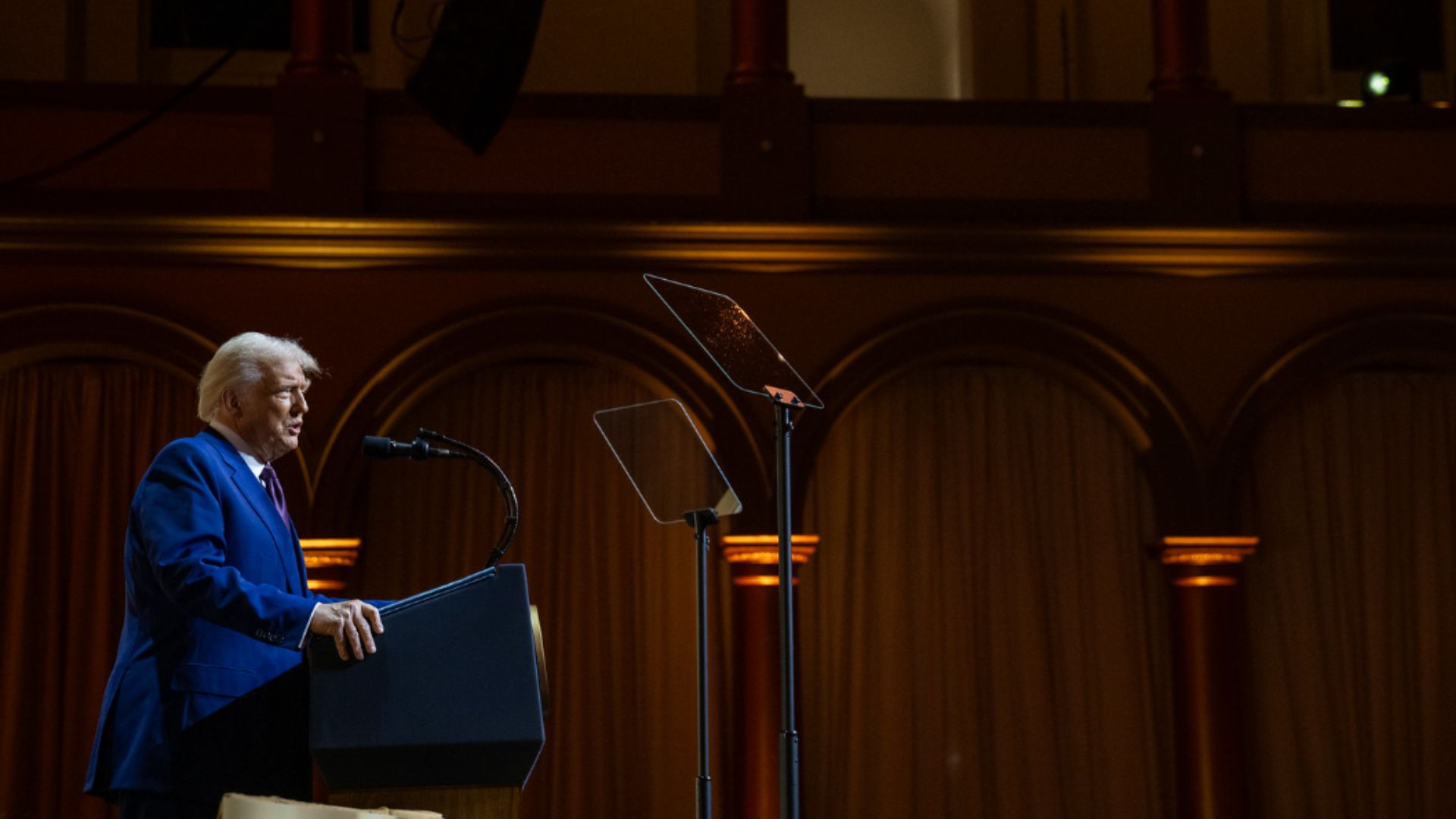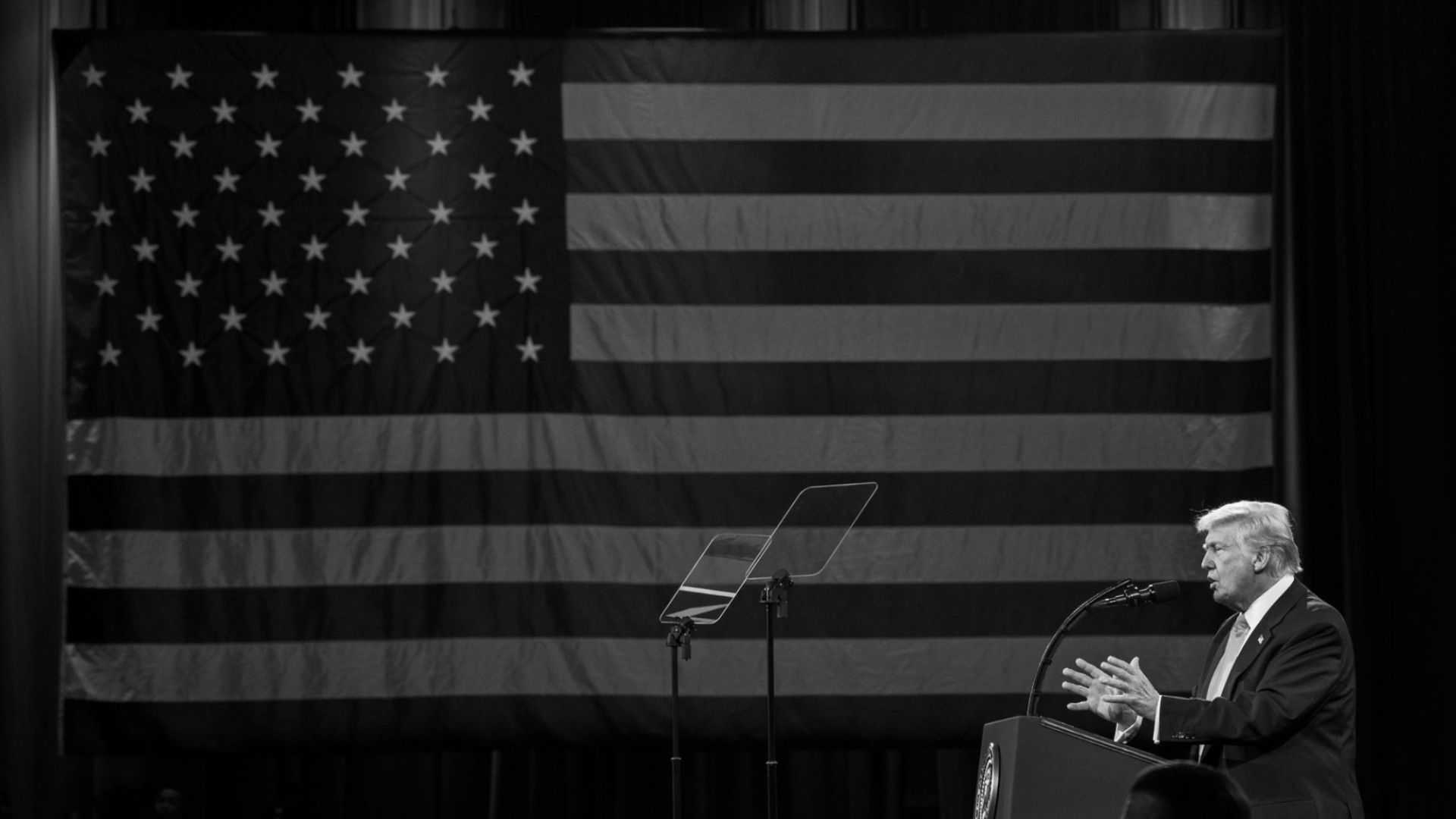[VT Washington, D.C.] — On February 21, 2025, The White House under the Trump Administration announce a comprehensive strategy to reshape U.S. investment policy with an emphasis on national security and bolstering economic growth through foreign investments. The policy aims to attract investments from U.S. allies and partners while imposing stringent measures to prevent foreign adversaries, particularly the People’s Republic of China (PRC), from exploiting U.S. assets and technologies.
The policy, titled America First Investment Policy, identifies investment in critical technologies, infrastructure, and strategic sectors as vital for national security. The U.S. government seeks to strike a balance between maintaining an open investment environment and safeguarding against foreign influence that could compromise national interests. Key U.S. government agencies, including the Department of the Treasury, the Department of Defense, and the Department of Commerce, will play central roles in the policy’s implementation.
Key Aspects of the Policy:
- Opening Investment Channels for AlliesThe policy emphasizes welcoming investments from U.S. allies and partners, particularly sovereign wealth funds, to support job creation and economic growth. The government aims to make the U.S. the leading destination for investment dollars, which will contribute to advancing American technologies, particularly in emerging fields such as artificial intelligence.
- Restrictions on Investments from Foreign AdversariesA major component of the policy is to limit investment from nations deemed adversaries of the U.S., with a particular focus on the PRC. The PRC has been identified as a strategic threat that seeks to exploit U.S. capital to advance its military, intelligence, and industrial capabilities. U.S. officials warn that Chinese companies, both directly and indirectly, are acquiring U.S. technologies, critical infrastructure, and farmland to further their strategic interests.
- Fast-Track Process for Allied InvestmentsThe U.S. administration will expedite investments in U.S. businesses involving advanced technologies and other sensitive sectors by creating a “fast-track” process. This process will prioritize investments from foreign sources that are demonstrably independent of the PRC’s military-civil fusion strategy, which integrates civilian and military efforts to bolster China’s military and technological power.
- Environmental Review for Large InvestmentsThe administration will also streamline environmental reviews for foreign investments exceeding $1 billion in the U.S., which could help accelerate the process of investment approval while ensuring the protection of the environment.
- Strengthened Oversight of Chinese InvestmentsThe policy seeks to strengthen the Committee on Foreign Investment in the United States (CFIUS), which is tasked with reviewing foreign investments in the U.S. that may pose national security risks. The Trump Administration aims to give CFIUS additional authority to block investments from Chinese-affiliated individuals or companies in strategic sectors, including critical infrastructure, agriculture, energy, and technology.
- Legislative Measures and SanctionsThe policy outlines the potential use of sanctions and other legal measures to prevent U.S. companies from investing in Chinese military-related sectors. These measures include actions under the International Emergency Economic Powers Act (IEEPA) and Executive Orders 13959, 13974, and 14032, which target investments in Chinese military companies.
- Impact on American Investments in ChinaIn an effort to prevent U.S. investors from inadvertently supporting China’s military and technological growth, the U.S. government will review and potentially restrict investments in Chinese sectors critical to the PRC’s military-civil fusion. This includes investments in semiconductors, artificial intelligence, biotechnology, and aerospace technologies.
- Review of Bilateral Tax AgreementThe U.S. government is also considering suspending or terminating the 1984 U.S.-China Income Tax Convention, a move that could further restrict investment flows between the two countries and reduce the economic incentives for U.S. persons to invest in China.
- Strengthening Financial OversightThe policy also outlines steps to ensure U.S. financial oversight of foreign adversary companies operating in U.S. markets. This includes reviewing financial auditing standards for companies covered by the Holding Foreign Companies Accountable Act, and addressing concerns related to fraudulent behavior by Chinese companies listed on U.S. exchanges.
Implementation and Enforcement
The policy is set to be implemented by several U.S. agencies, with the Department of the Treasury coordinating with the Department of State, the Department of Defense, and the U.S. Trade Representative. The Environmental Protection Agency (EPA) will oversee environmental reviews for large investments, while the Securities and Exchange Commission (SEC) and the Department of Justice will address financial oversight and enforcement.
Foreign Adversaries Defined
For the purposes of this policy, the term “foreign adversaries” encompasses several nations, including the PRC, Cuba, Iran, North Korea, Russia, and Venezuela. The Trump Administration has identified these countries as posing significant threats to U.S. national security and economic interests.




